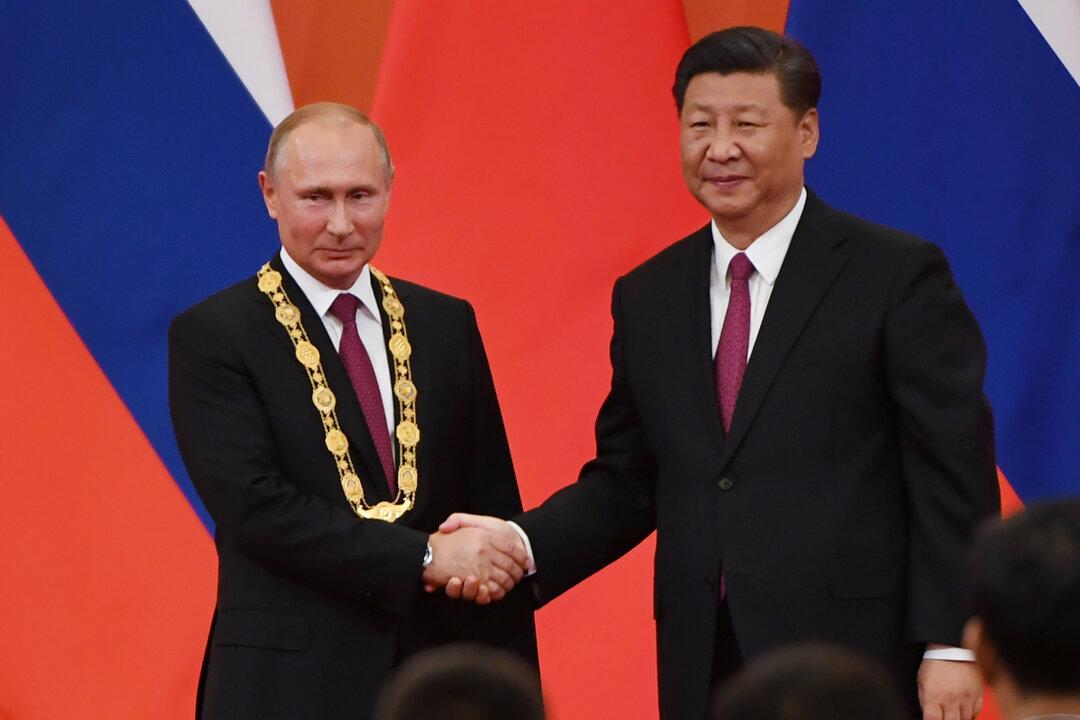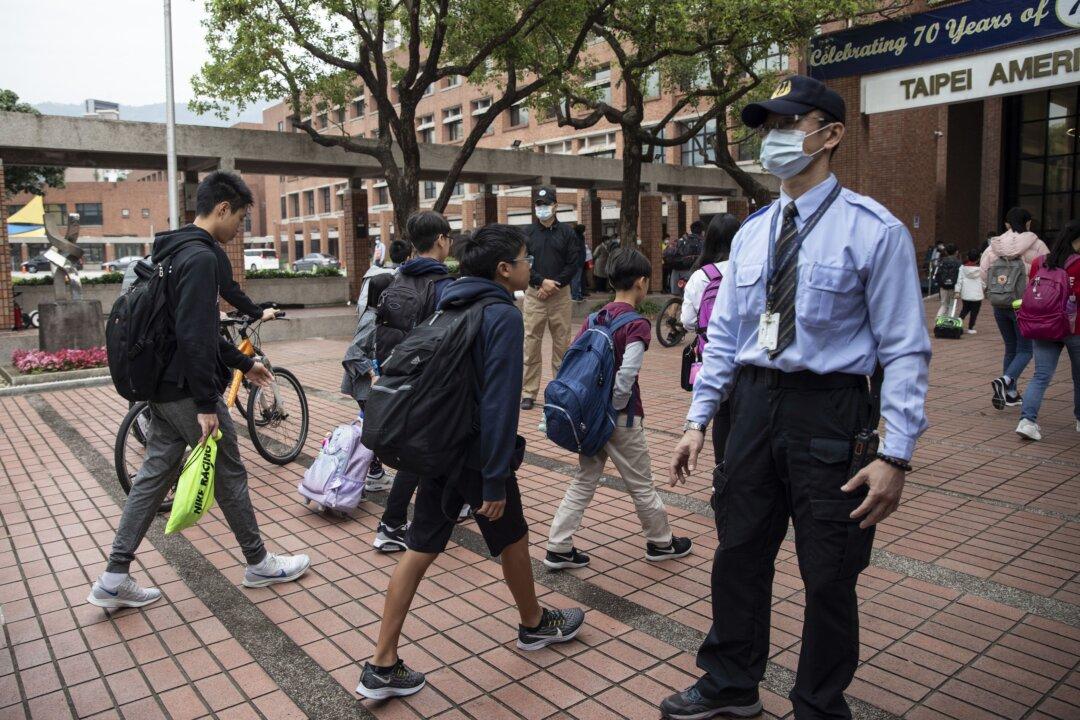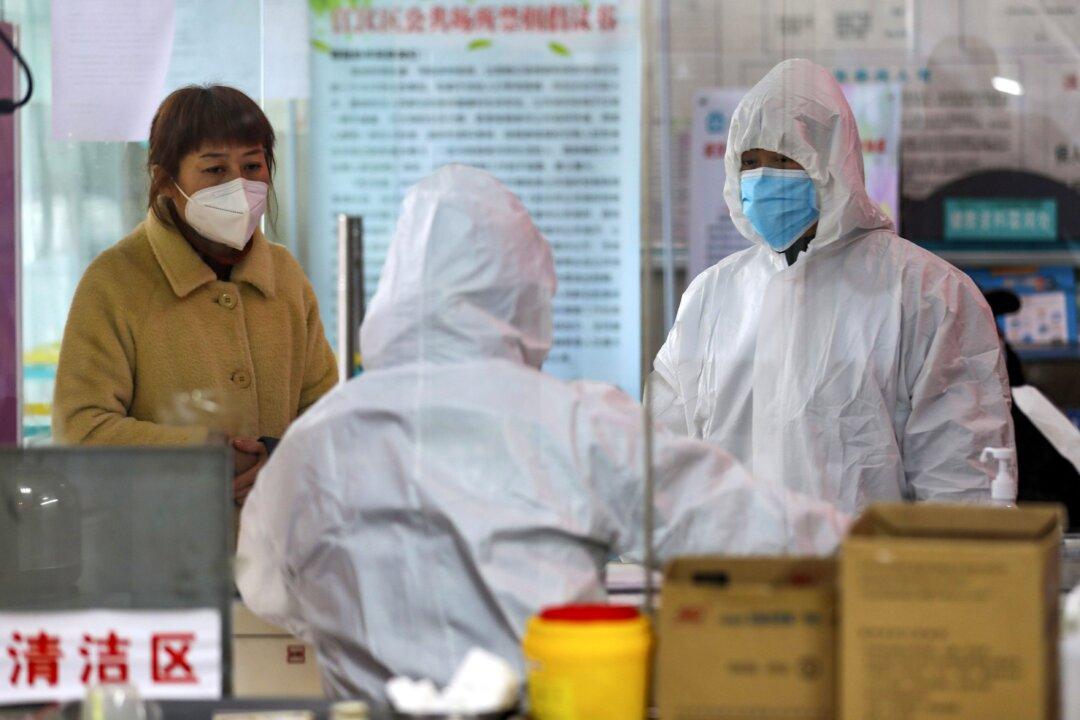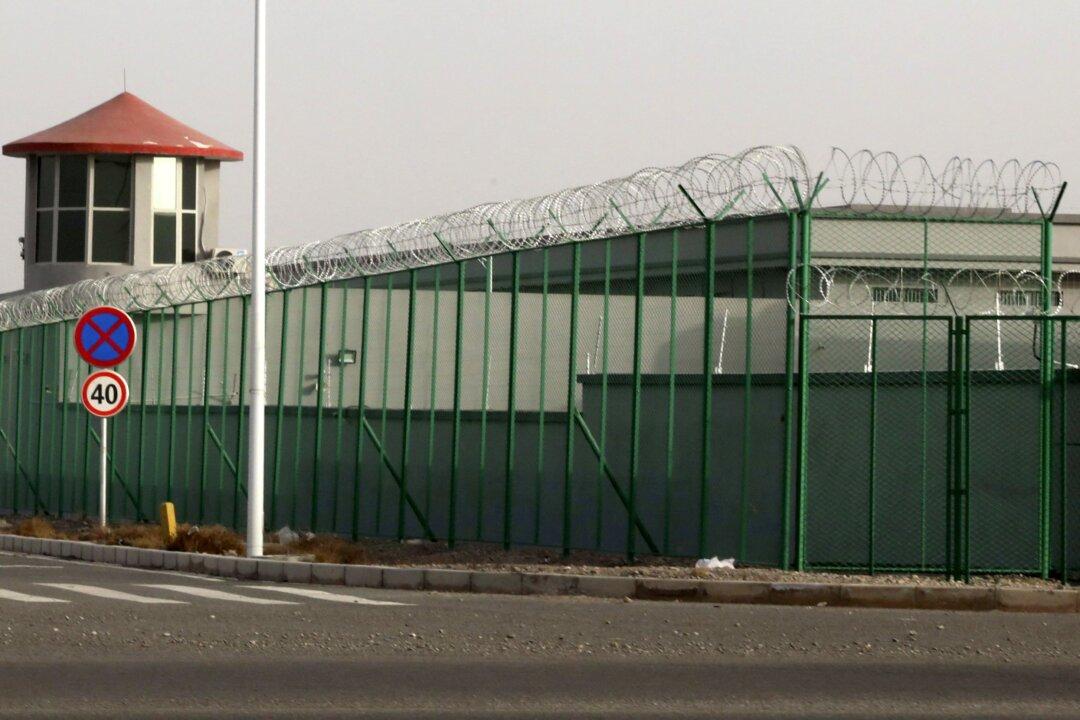Despite similar totalitarian rule following 1949 under Mao Zedong and Joseph Stalin, China and Russia for various reasons experienced considerable bilateral friction for many of the decades following 1950.
Today, the Chinese and Russian regimes are linked by shared contempt for democracy and the rule of law. Their two regimes are also closely linked economically. As of 2016, almost 20 per cent of all imports to Russia came from China, while China bought almost 10 per cent of Russia’s exports, worth about $28 billion.





